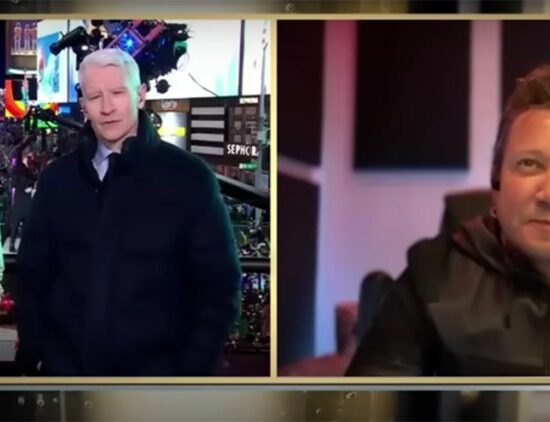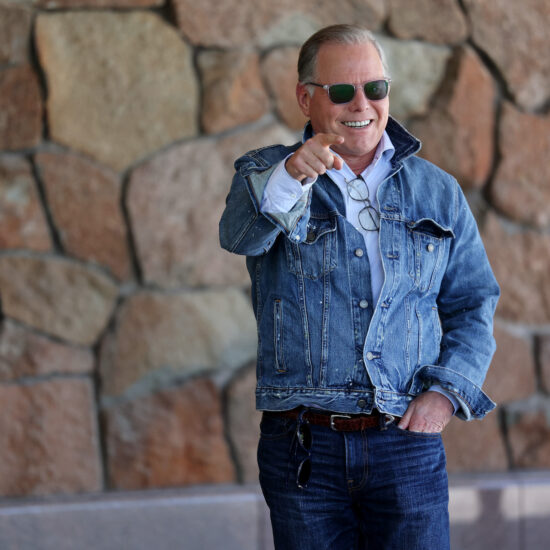
Everyone knows the George Gershwin song, “Let’s Call The Whole Thing Off,” which features the classic lines, “You like potato, and I like potahto, You like tomato, and I like tomahto.”
What they often don’t remember are the lines that come after that couplet. “But oh, if we call the whole thing off, then we must part, and oh, if we ever part, then that might break my heart.”
That question is particularly apt in a week where so many were lamenting “Why does nothing get done” in the wake of the Texas shooting massacre, Maher posed that question to his panelists and got some on-point answers.
This week’s panel discussion featured Michael Shellenberger, a California gubernatorial candidate, cofounder of the California Peace Coalition, and author of San Fransicko: W,hy Progressives Ruin Cities; and Douglas Murray, columnist for the New York Post and The Sun, and author of War on the West: How to Prevail in the Age of Unreason.
Maher hit hard on the inaction of the Uvalde Texas police during the mass shooting. “What do you do about people who are paid to act and just don’t?” He added, “You are there to protect and serve. Once in a while, you have to ball up and do the job.”
Shellenberger cautioned against demonizing people when life or death decisions unfold quickly. His answer? More training.
Murray suggested the absurdity of being able to buy a gun at 18, but having to wait to enjoy a beer in a bar until you are 21. “Let’s switch those things around,” he said. Maher agreed. “We know how stupid we were at 18-21. It’s the least we could do.”
Shellenberger allowed how he was a liberal, a libertarian, and a conservative, depending on the issue. That applies to his approach to the homeless in California. “We have to shut down encampments,” and get them into rehab or other services. “It’s not fair to them. It’s not fair to us.”
Murray lamented the decline of San Francisco, where a liberal approach over the years saw one of the most beautiful cities in the world become a slum. That hands-off approach was “rolled out in city after city,” he said, “and everyone is getting used to the idea that this is normal.” He called it a “normalization of homelessness, mentally ill people, and people say that’s just part of life. It’s not normal.”
Maher said part of the problem of losing civilization is you fail to make judgments. Shellenberge agreed. “You can’t equivocate on the stuation.”
Murray added, “Sometimes, empathy isn’t enough.”
Part of the problem is that the country isn’t on the same page about solutions. “This country is about as divided as can be without a war,” Murray said. “If can’t agree about any of the past, that’s not good.” He concluded, “We should be self-critical, but shouldn’t be self-destructive.”
Earlier, Maher interviewed Eric Holder, former US Attorney General, who is now chair of the National Democratic Redistricting Committee and coauthor of Our Unfinished March: The Violent Past and Imperiled Future of the Vote – A History, A Crisis, A Plan. They discussed voting rights and gerrymandering in election districts before Maher hit him with a big question: If you were still Attorney General, when evaluating what happened on Jan. 6 at the Capitol building, what would you do?
“Because of what we know, if you show me that Trump was involved in efforts to foment a coup, he has to be indicted,” Holder said. ” I can see where this one is going,” he added, predicting that many high-level Trump administration officials may be turning up in legal papers related to Jan. 6 in the future.













